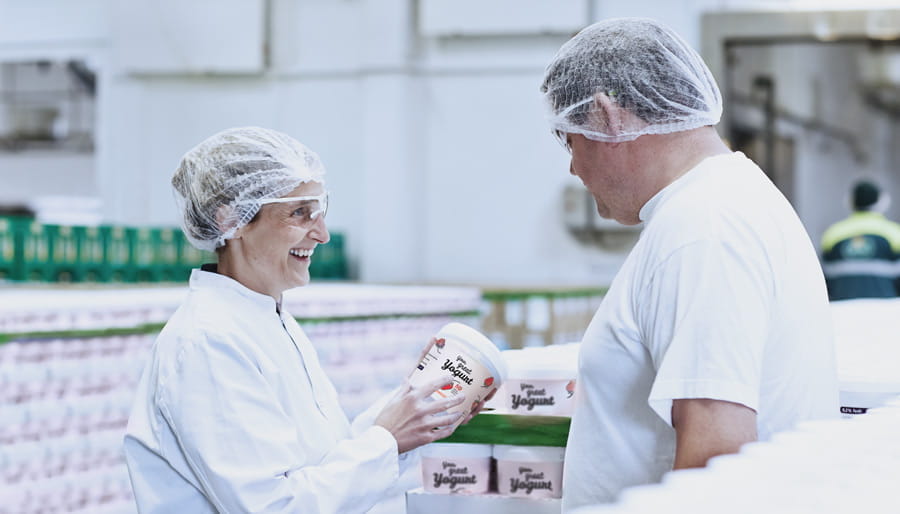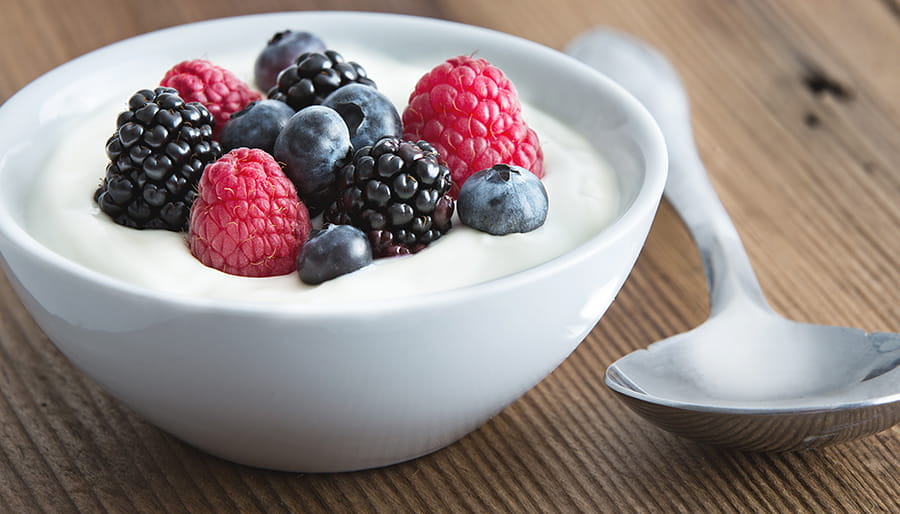Oct 23. 2019 08:15 GTM
Fermentation as a natural means to protect food
The most common bacteria naturally present in food are lactic acid bacteria. You may already know that they are used to create such foods as yogurt, cheese, salami and wine. During this process called fermentation, the good bacteria grow and multiply. For several thousand years, people all over the world have been more or less aware of fermentation because it is a good way to preserve food.
But whereas in the old days, fermentation happened randomly and with little control, today, with the advancement of science, it is possible to add selected good bacteria as an ingredient in food production and ensure a reliable and consistent quality of the final consumer product every time.
Combining ancient traditions and the newest scientific insights
A strict hygiene standard in food production facilities is a must – but help is needed to avoid bad bacteria that can spoil our food or make us sick. That’s why many food producers are adding chemicals to keep the bad guys at bay. But building on ancient traditions and relying on the newest scientific insights, we can protect our food by using good bacteria to prevent and slow down the growth of bad bacteria.
The battle between good and bad bacteria
As good and bad bacteria compete for the same nutrients naturally present in our food, the good bacteria can eat the food that bad bacteria live on, starving bad bacteria out. Good and bad bacteria also compete for space which means that good bacteria can outnumber and defeat the bad ones. And like the coolest of troopers, good bacteria can attack bad bacteria by producing natural organic compounds. Good bacteria can even signal in cell-to-cell communication, preventing other bacteria from spreading.
Fighting food waste
Selected naturally occurring bacteria can be our friends and are nature’s own way of keeping our food fresh and safe for longer. Such technological advancements are imperative if we are to solve the paradox of enormous amounts of food going to waste while people are starving.
For example, in dairy it is estimated that by using good bacteria with bioprotective effects, we can eliminate 30% of all yogurt waste in Europe by 2025. This is equivalent to the United Kingdom not having any yogurt waste for 12 years.


